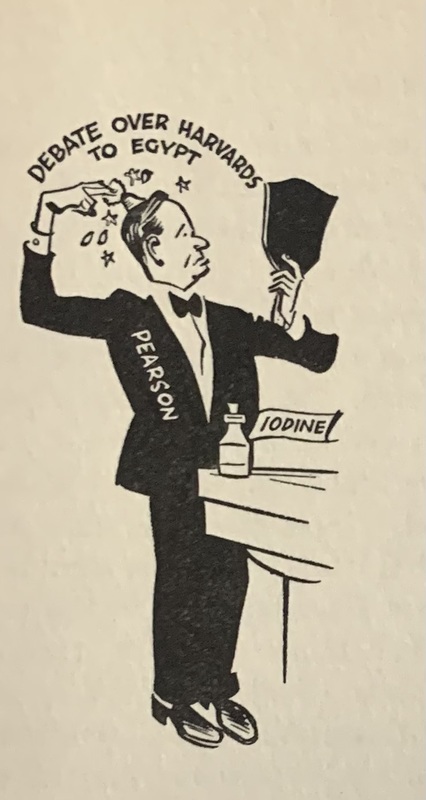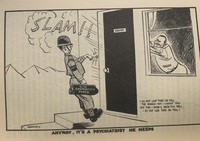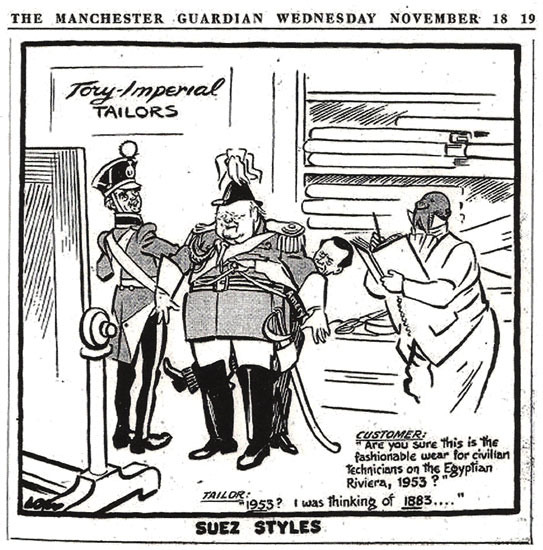Lester: Suez Sequence
Judith’s Story
“Mr. Pearson assured the House repeatedly that France and Britain were both very very grateful for the kindly way he stuck his U.N. knife into them” (3).The story that Judith Robertson tells regarding the Suez Canal crisis is one of betrayal and incompetence. Throughout her description of the events, her political motivations and positionality are revealed. Indeed, to Judith Robertson, Lester B. Pearson is the one most responsible for what she deems as the failure of the Suez Canal crisis. Judith Robertson sees Colonel Nasser as a dangerous expansionist, and sees the invasion of Egypt by Britain and France to be genuine attempts to contain a threat.
Using Contemporary Sources....
A more nuanced retelling of the Suez Canal crisis mentions a few vital pieces of information that Judith Robertson intentionally excludes. Examples of this include the fact that while a poll was taken around Canadian opinion around French & British foreign policy, and that poll did end with a majority in favor of Britain, there are a litany of factors excluded. Not only was the poll only taken in Toronto, but it was based on “what one [could] learn from personal observation and hearsay.” (4)Regarding the claim that Lester B. Pearson “stabbed Britain and France in the back”,(5) it should be noted that not only did Britain and France invade and occupy Egypt outright, but also that Lester B. Pearson made his intentions clear throughout his process of negotiation and intervention in Egypt. Important factors such as these recontextualise the Suez Canal crisis, and place the accuracy of Judith Robertsons account into doubt.
Examining Judith’s political motivations in this context:
While Judith Robertson and her motivations for opposing the Liberal party within her book have already been discussed, it is important to note her specific qualms with both Lester B. Pearson and Colonel Nasser. Regarding Pearson, the primary complaint Judith Robertson seems to have revolved around a perceived lack of intelligence that comes from Pearsons apparent lack of planning. This fact is corroborated by a plethora of firsthand accounts, including his own son, who stated that Pearson ``didn't have longterm blueprints[.]” (6). As a loyalist to Britain, Judith Robertson fell prey to Imperialist propaganda that regarded Nasser as “[a] Middle East Hitler[.]” (7). Judith Robertson’s situated opinions regarding both Pearson and Nasser are palpable throughout her work regarding the Suez Canal crisis.


